Company’s second “Smart Home Data Privacy” survey of 2,000 U.S. homeowners shows increase in smart home tech usage, decreases in confidence about data privacy
Copeland Study Reveals Increasing Concerns Around Data Privacy in Smart Home Products as AI Accelerates
Megan Garbe
Email: megan.garbe@fahlgren.com
773.339.9421
Jenna Petroff
Email: Jenna.Petroff@copeland.com
Copeland, a global provider of sustainable climate solutions, announced today the findings from its second ‘Smart Home Data Privacy’ survey which aimed to determine how both smart thermostat users and non-users feel about data privacy and the security of their smart home products. While ownership of smart home devices – including smart thermostats, TVs and appliances – are significantly higher than when the study was first commissioned in 2022, homeowners were also more likely to be concerned about data privacy in 2024.
“As we can see by the rise in ownership of smart home products, homeowners are increasingly looking for convenient ways to automate their lives and expand control over their home environments to save on energy costs,” said Lisa Plaggemier, Executive Director of the National Cybersecurity Alliance. “But what’s most concerning is that more than half of homeowners don’t understand how data from their smart thermostat is collected and used – particularly as AI becomes nearly ubiquitous. This should be a resounding call for transparency among smart tech manufacturers.”
While the study shows that homeowners with smart home devices are more concerned than ever about the security of their data (27 percent in 2024 versus 23 percent in 2022), their understanding of and attitudes toward smart tech and data privacy show a critical gap:
- More than half of homeowners (52 percent) don’t have any idea of how data is collected from smart thermostats.
- Homeowners who don’t own a smart thermostat are less likely to be confident that manufacturers use their customers’ data responsibly compared to those who own a smart thermostat (58 percent versus 73 percent), which could be evidence of a barrier to purchase.
- Only 14 percent of homeowners who owned smart thermostats said they researched a manufacturer’s data privacy policy before purchasing a smart thermostat.
And yet, seven out of 10 homeowners are willing to replace their thermostat with one that provides more privacy, with millennials more willing (80%) than other groups.
As a leading innovator in the HVAC industry and the company behind the top-rated Sensi thermostat platform, Copeland was one of the first manufacturers to create a formal privacy pledge in 2022 and has since been a leader in protecting its users’ personal data, never using smart thermostat activity for targeting or advertising purposes. The company has also never sold a user’s personal data to anyone and does not make changes to thermostat settings based on usage assumptions.
“There’s always a role for data, particularly as it relates to a homeowner’s ability to optimize their home comfort and gain energy savings in the process, but those settings are theirs and theirs alone,” said Brendan O’Toole, vice president, smart home and energy management for Copeland. “As demand for smart home products continues to rise, it’s imperative for manufacturers to adequately disclose their privacy policies and educate consumers about the importance of data security,”
For more information about how Copeland’s lineup of Sensi smart thermostats respects and protects consumer privacy and to download the full report, visit sensi.copeland.com/dataprivacy.
Methodology
This market research study was based on a questionnaire designed by FleishmanHillard and executed by the Copeland Marketing Research & Insights team. The study was facilitated through Dynata’s panel of respondents, requesting participation from 2,000 U.S. homeowners between 18 and 76 years old and representative of the U.S. homeowner population. Statistically significant differences are reported at the 95% confidence level.
About Copeland
Copeland is a global leader in sustainable heating, cooling, cold chain and industrial solutions. We help commercial, industrial, refrigeration and residential customers reduce their carbon emissions and improve energy efficiency. We address issues like climate change, growing populations, electricity demands and complex global supply chains with innovations that advance the energy transition, accelerate the adoption of climate friendly, low-GWP (global warming potential) and natural refrigerants, and safeguard the world’s most critical goods through an efficient and sustainable cold chain. We have over 18,000 employees, with feet on the ground in more than 40 countries — a global presence that makes it possible to serve customers wherever they are in the world and meet challenges with scale and speed. Our industry-leading brands and diversified portfolio deliver innovation and technology proven in over 200 million installations worldwide. Together, we create sustainable solutions that improve lives and protect the planet today and for future generations. For more information, visit copeland.com.
View source version on businesswire.com: https://www.businesswire.com/news/home/20250113136745/en/
 Business wire
Business wire 
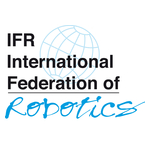
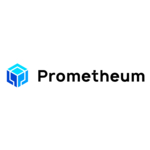


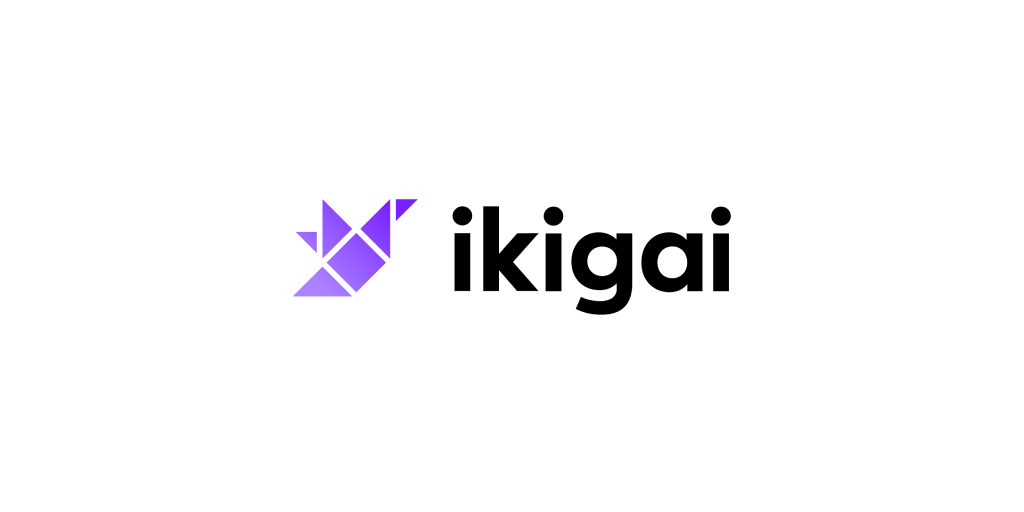
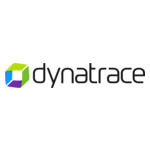
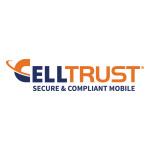

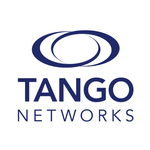
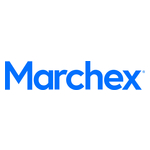
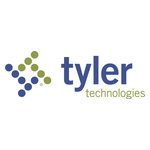
Add Comment